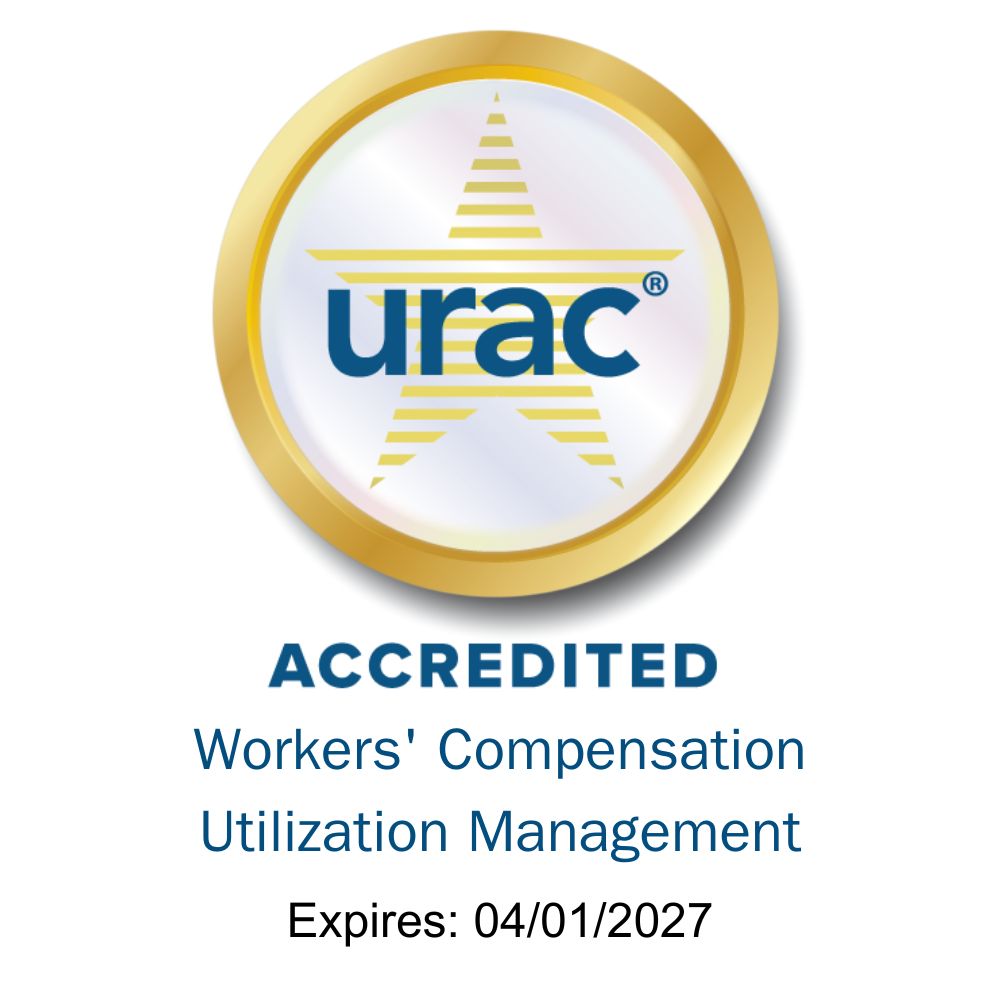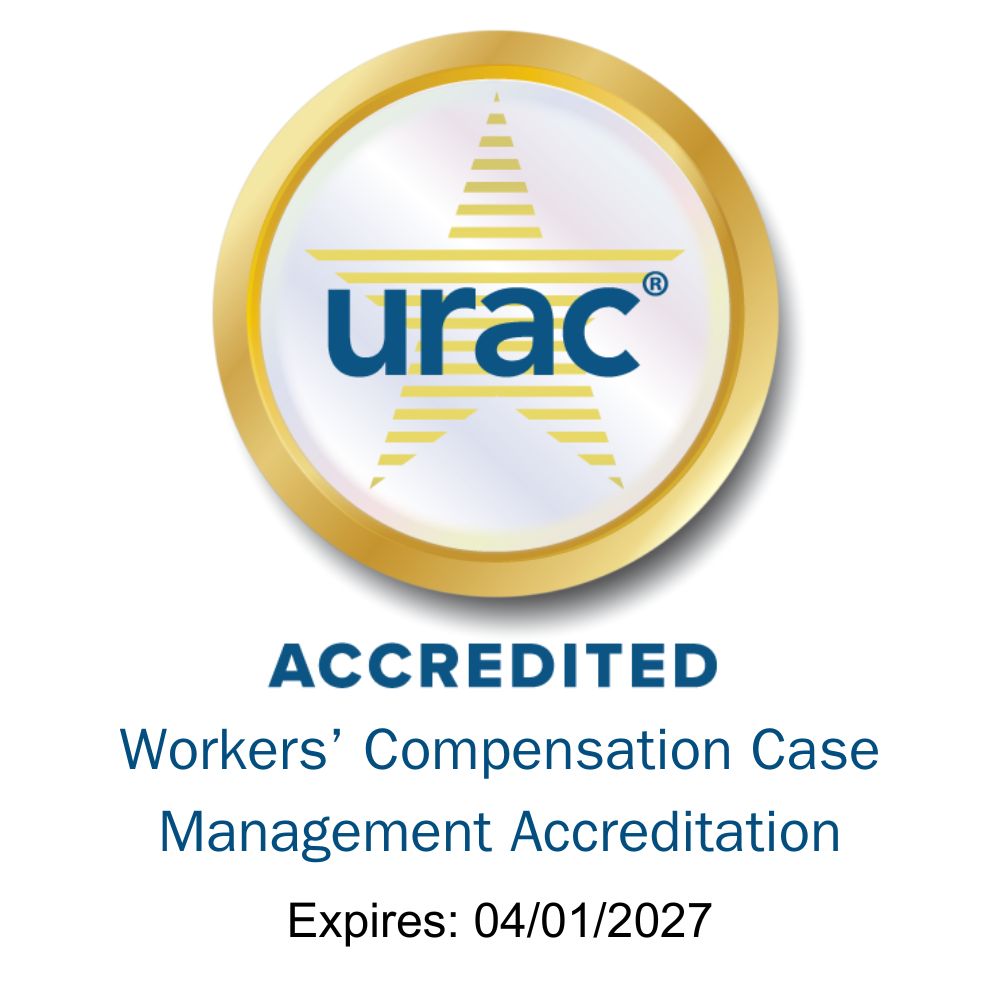Putting the ‘longest year ever’ behind us and looking ahead
Recently we sat down with a number of Coventry leaders and asked them what’s on their minds as we begin the new year. More than one joked about how 2020 seemed to never end and several were relieved that the “longest year ever” was finally over. They also shared their concerns and those of our customers and colleagues, as well as what they anticipate in the months ahead.
‘Keep your head above water’
There’s a big focus on the short term and a concern for staying afloat and predicting costs. Many payers have seen a drop in workers’ comp claims since the start of the pandemic, with unemployment still over 6% and fewer claims among those still employed. Meanwhile, competition remains high to offer better technology and tools to customers in the workers’ comp market. As we’ve noted once the economic impact of the pandemic emerged, everybody is keen to find new ways to examine and control costs.
Some employers are worried about what the new home-based workforce will mean to them. As more employees began working from home, companies faced challenges such as shipping equipment to scattered locations or setting up virtual desktops or call centers. Some had to reconfigure network systems and work through new security issues. Questions remain about whether enterprises can remain as effective and innovative without workers gathering at offices or meeting in person. For many employers, this will be a temporary situation, while others may discover it’s a better fit for their workforce long term. Estimates vary, but only about 40 percent of jobs can be done remotely. A recent snapshot from Gallup found about one-third of workers were connecting from home, down from half earlier in the pandemic.
There’s another factor in the mix now: online schooling. More than half of school-aged children in the U.S. are learning remotely, usually at home. This has put a strain on worker retention and flexibility, especially for parents who must work outside the home. Although the effectiveness of an office-based versus home-based workforce has been studied for years, there is new competition for space, quiet, and bandwidth when everybody’s there all day. At the same time, many employees are reclaiming the minutes or hours they normally spend getting ready for work and commuting, along with reductions in costs like dry cleaning, lunches, and filling up the gas tank.
For companies that must have employees on site, like manufacturers and distributors, there’s concern about keeping everybody healthy and making sure facilities stay open. Productivity has suffered for some employers, with workers out sick or taking on childcare due to the quarantine.
But no matter where work takes place, nearly all employers are dealing with the challenge of keeping up workers’ morale and rapport despite, in some cases, less communication and facetime. Many sales and customer-facing individuals across the country are struggling with this as well. Last year brought unprecedented travel restrictions, canceled conferences, and many customers choosing not to meet face to face. Many customers put sales opportunities on hold, tightening their figurative belts, and waiting to move forward with contracts. Much of the workers’ comp market seems to be holding its breath.
‘I just want some predictability’
The long-term effects of the pandemic continue to loom as well. How much employers will be held liable for COVID-19 costs remains to be seen. The lasting effects of the novel coronavirus on some of its survivors are emerging as well, ranging from debilitation to disability. The recent economic rescue package from Congress didn’t include the liability shields some lawmakers had been seeking. And the impact of a new home-based workforce on workers’ comp cases has not yet been felt. Many questions hang in the air. Among them:
- How can employers keep an eye on ergonomic claims when working remotely?
- What happens if an employee is injured at home?
- Will COVID-19 affect how soon an injured worker can get treatment?
Mental health remains a hot issue, as we’ve discussed. Feelings of isolation and depression went up in 2020, stemming in part from reduced physical activity, less physical contact, missing events, and general feelings of “missing out.” Financial worry, stress at home, fear of the future, and other factors leave many people feeling overwhelmed or helpless. Many workers are also grieving deaths among their coworkers, families, or friends due to COVID-19 or other complications and injuries. Rising depression and anxiety can have far-reaching effects, not just in one company’s productivity but industrial and economic health as well. Employers and payers are realizing mental health is a crucial comorbidity to watch in the future.
Many people we talked to mentioned “getting back to normal,” yet it’s hard to know what that will even look like in 2021 and beyond. Within the workers’ comp industry, what will happen to claim volume and types of claims? Will large-scale events like trade shows and conferences bounce back? Will customers want to travel as much or be in a hurry to get back to the office? What new tools will evolve to meet and exchange ideas?
‘A reminder of what matters’
Employer and employee, customer and salesperson, payer and claimant, we’re all facing a lot of the same challenges in our lives. One leader we talked to summed up what many of us are feeling:
“I think a lot of people were truly caught off guard by many negative impacts and restrictions due to the pandemic on many levels. Financial, unemployment, socializing, shortage of products, increases in the cost of food and products, home schooling, holiday traditions, global political unrest — and the worst had to be the inability to be with loved ones medically impacted, hospitalized, or worse by the pandemic.”
Last year was a rough one, no mistake. But some good things came out of it too. Everyone we talked to had a renewed focus on their home life and well-being. They all mentioned time: time with family, time to read, time to exercise, time to finish some projects that had been put off. More than one had reconnected with old friends over video chat.
As we progress into 2021, let’s hold tight to the things that matter: each other.






